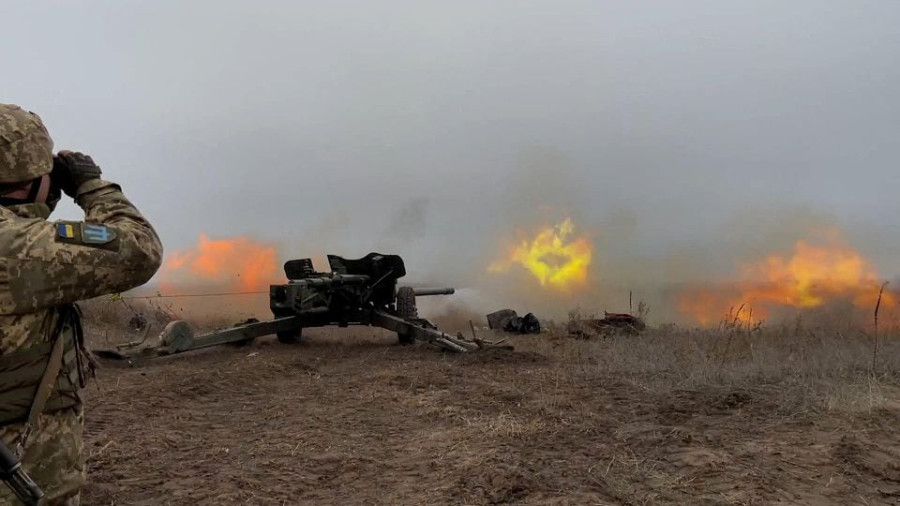Editorial
Old story, new twist
The saga of Nepali youth dying in senseless foreign wars like the one in Ukraine should stop.
For over 200 years, Nepal actively sent its youth as mercenaries and earned a commission in return for their sweat and blood. Having little to survive on at home, the youths happily sacrificed their lives for the people who were not their compatriots, and for a country that was not their own. From fighting to suppress the 1857 Sepoy Mutiny to the twin World Wars to the Falkland War to the “War against Terror” in Iraq and Afghanistan, Nepalis have for generations shed their blood in distant, senseless wars.
And yet, despite the 200-year history of making our children orphans and our women widows, we continue to repeat the sordid history. At this moment, another generation of Nepalis is fighting yet another senseless war in a distant land in Ukraine. The story this time is slightly different. The government does not have to “sell” its youths for a little commission. The youths themselves are finding their way to the war fields in Ukraine. What connects the youths who have died over 200 years ago for the British forces and those who die for the Russian forces is the desperation to eke out a living.
The latest “good” news is that Russia has responded to Nepal’s concerns about Nepali youths joining the Russian military fighting its war against Ukraine. Months after the government started lobbying for the return of the Nepali youths, there is finally an acknowledgement from the Kremlin. But no, Vladimir Putin’s government has not agreed to send our men back. Instead, they will send money to the families of the youths killed in the war. It’s the same, old story of blood money. Earlier, an elite group took a cut for sending Nepali youth as mercenaries, now families get compensation in return for the death of their youth.
As per reports, the families of the slain youth will receive up to Rs15 million in compensation and insurance, and around Rs7.3 million if the deceased had no insurance. After much delay, the Russian government has agreed to pay the compensation through the Nepali Embassy in Moscow. As per official figures, 14 Nepalis have lost their lives fighting on the Russian side in its invasion of Ukraine. But there is no word yet on compensation for the injured. Moreover, there is no commitment from the Kremlin about stopping the recruitment of Nepali youths, despite Nepali sending two diplomatic notes on this issue.
Meanwhile, there seems to be no stopping the youths from embarking on the perilous path. The perennial struggle for survival in Nepal continues to push them to join the war which is not their own. The lure of Russian citizenship, coming from none other than President Putin himself, is rendering the appeals of the Nepali government to the youths not to join the war null and void. Yet appeals, even a touch of pressure, on the Russians to be more respectful of Nepal’s concerns should continue. As we push for the repatriation of the Nepali youth and compensation for the deaths, it is as important to consider why there has been no let up in the long history of Nepal sending its youths to fight other people’s wars.




 18.12°C Kathmandu
18.12°C Kathmandu














